
Oscar Maschera
13 January 2017
4 December 2014
There is no perfect design and there is no uber design”, quips Martino Gamper, the designer from Alto Adige, talking about the exhibition he manages for the Agnelli Foundation in Turin. “The objects talk to us. Some may be more functional than others, but the emotional attachment is subjective”. The exhibition reveals an intimate way of collecting and putting together objects, pieces that have a story to tell. The exhibition (22nd October to 22nd February), organised in collaboration with the Serpentine Galleries
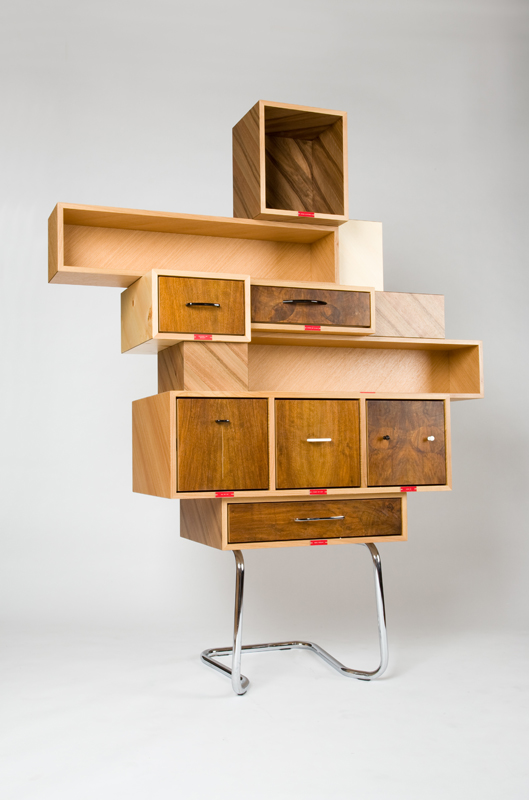
of London and the Muesion of Bolzano, presents libraries and furniture that tell the history of design and their relationship with people from the 30s till today and includes pieces of well-known designers such as Franco Albini, Charlotte Perriand, Gaetano Pesce, Andrea Branzi, Ettore Sottsass… To underline the functional value, Martino has also exhibited a selection from the private collections of his designer friends, showing us how masters of design nurture their imagination, collecting things, strange and usual, even small and unimportant.
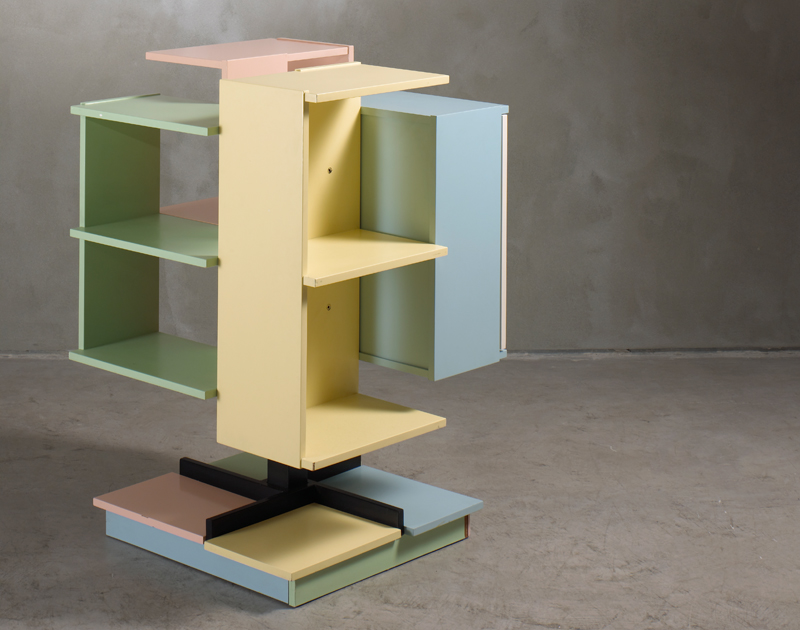
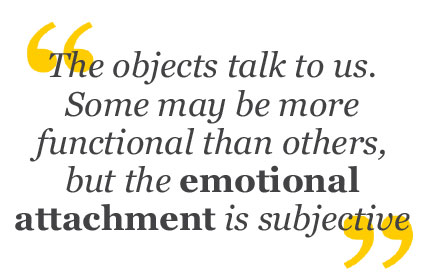
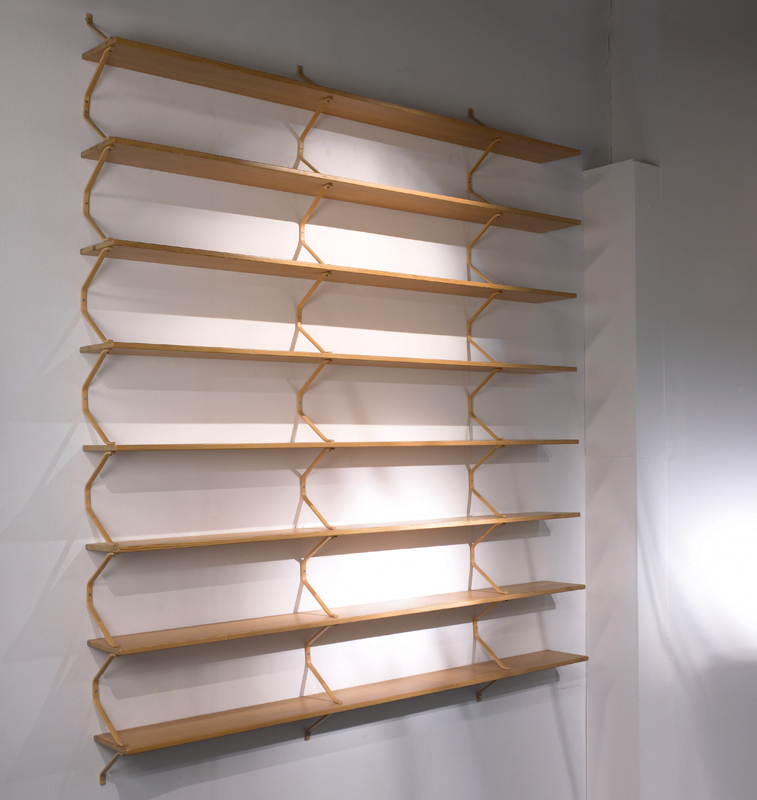
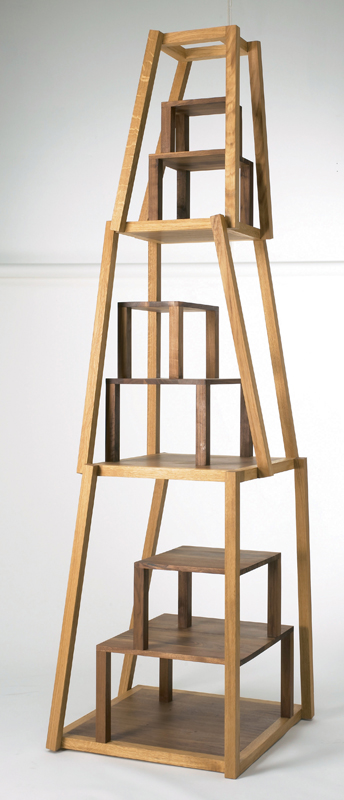
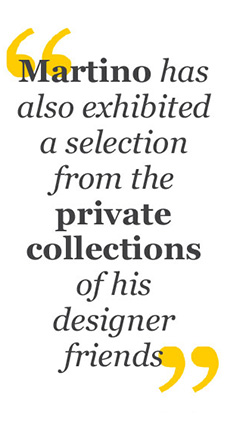
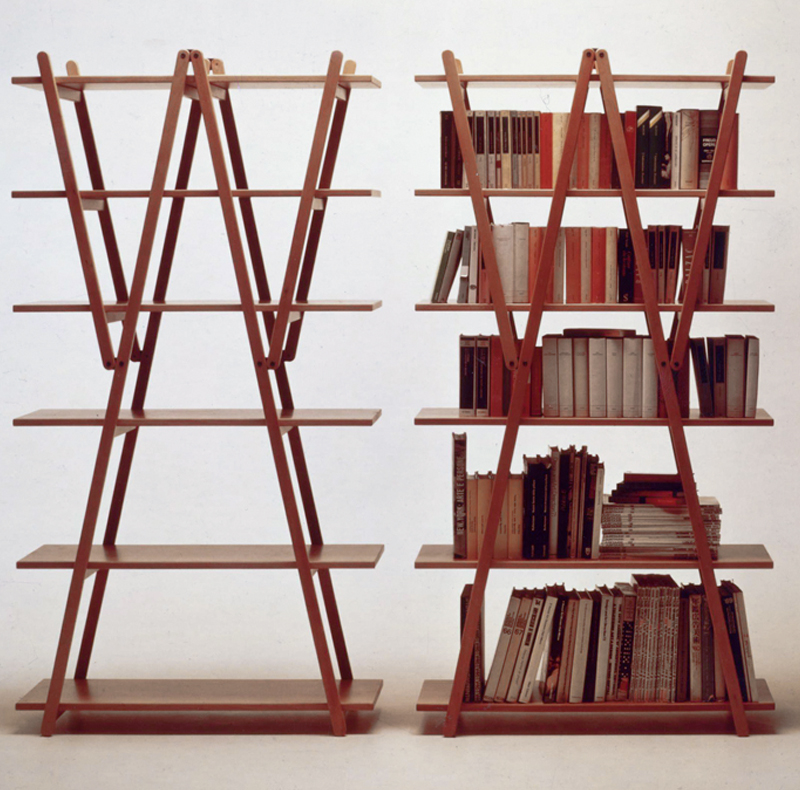
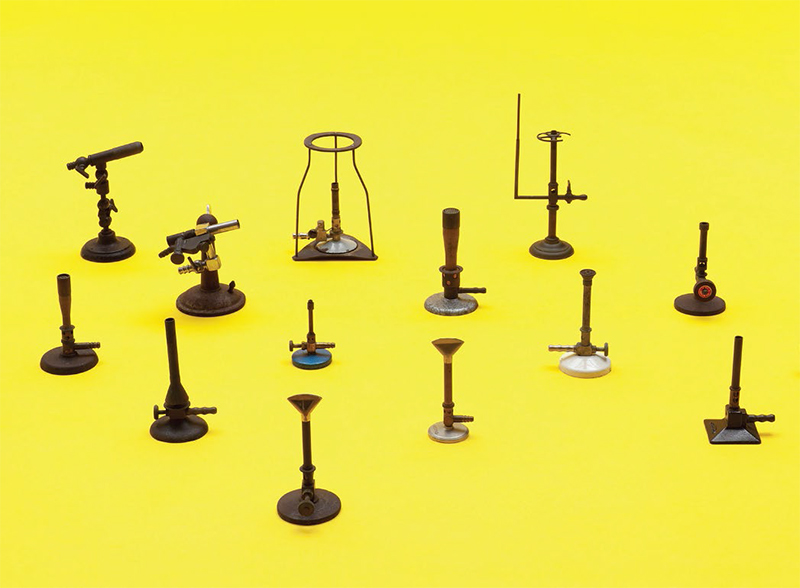
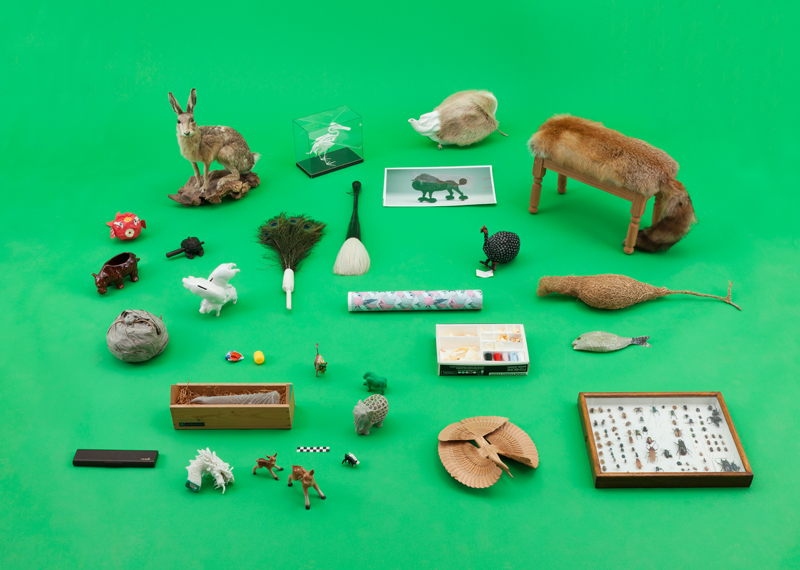
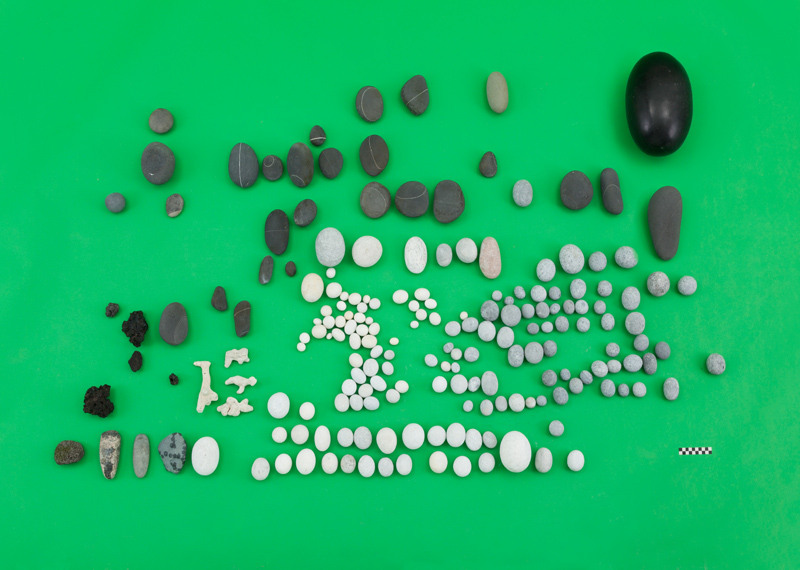
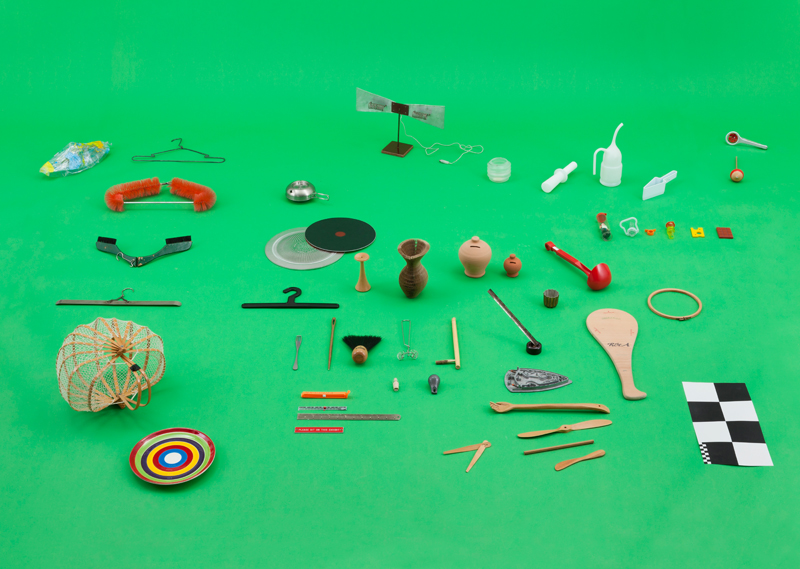
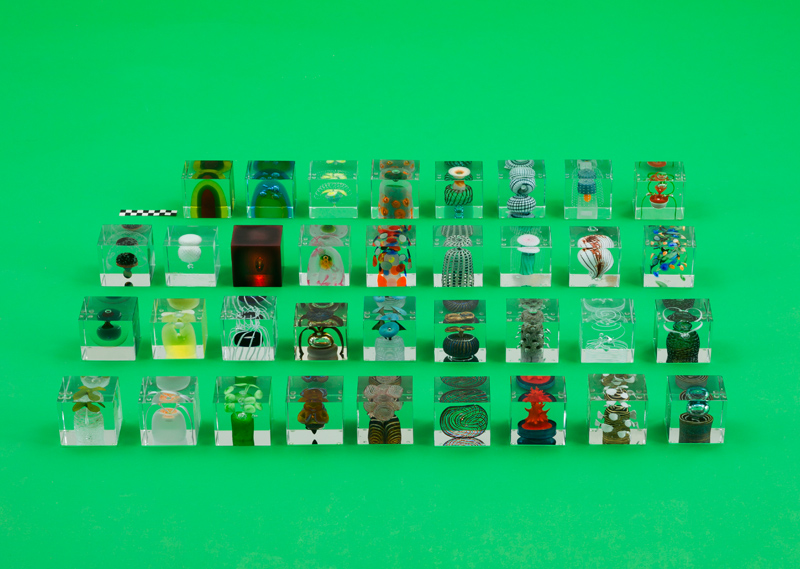
There is no perfect design and there is no uber design”, quips Martino Gamper, the designer from Alto Adige, talking about the exhibition he manages for the Agnelli Foundation in Turin. “The objects talk to us. Some may be more functional than others, but the emotional attachment is subjective”. The exhibition reveals an intimate way of collecting and putting together objects, pieces that have a story to tell. The exhibition (22nd October to 22nd February), organised in collaboration with the Serpentine Galleries
of London and the Muesion of Bolzano, presents libraries and furniture that tell the history of design and their relationship with people from the 30s till today and includes pieces of well-known designers such as Franco Albini, Charlotte Perriand, Gaetano Pesce, Andrea Branzi, Ettore Sottsass… To underline the functional value, Martino has also exhibited a selection from the private collections of his designer friends, showing us how masters of design nurture their imagination, collecting things, strange and usual, even small and unimportant.

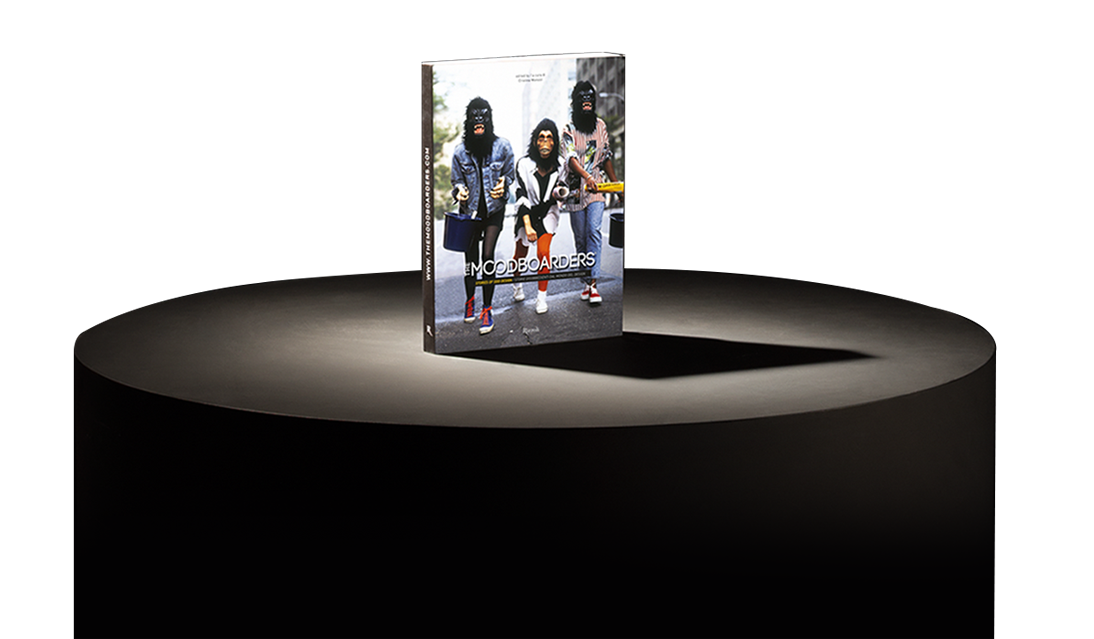

The Moodboarders is a glance into the design world, which, in all of its facets, captures the extraordinary even within the routine. It is a measure of the times. It is an antenna sensitive enough to pick-up on budding trends, emerging talents and neglected aesthetics. Instead of essays, we use brief tales to tune into the rhythm of our world. We travelled for a year without stopping, and seeing as the memory of this journey has not faded, we have chosen to edit a printed copy. We eliminated anything episodic, ephemeral or fading, maintaining a variety of articles that flow, without losing the element of surprise, the events caught taking place, and the creations having just bloomed.